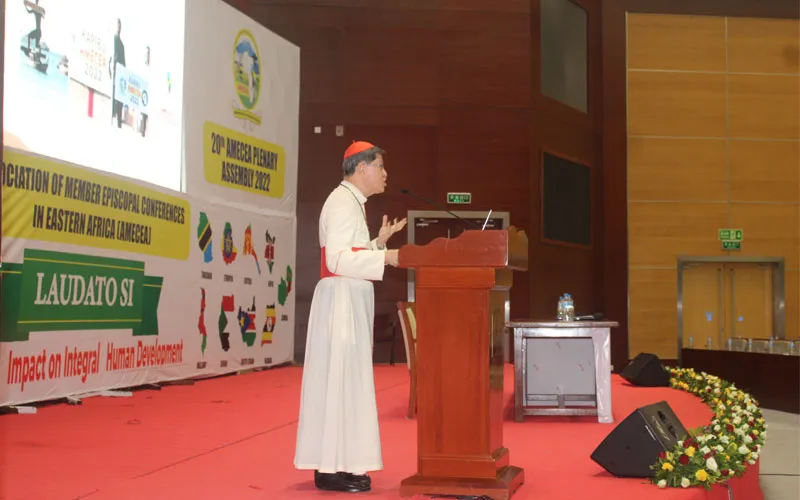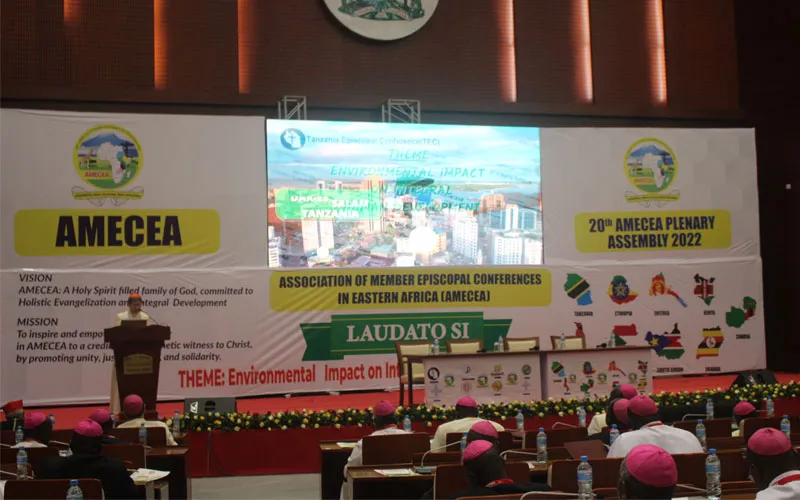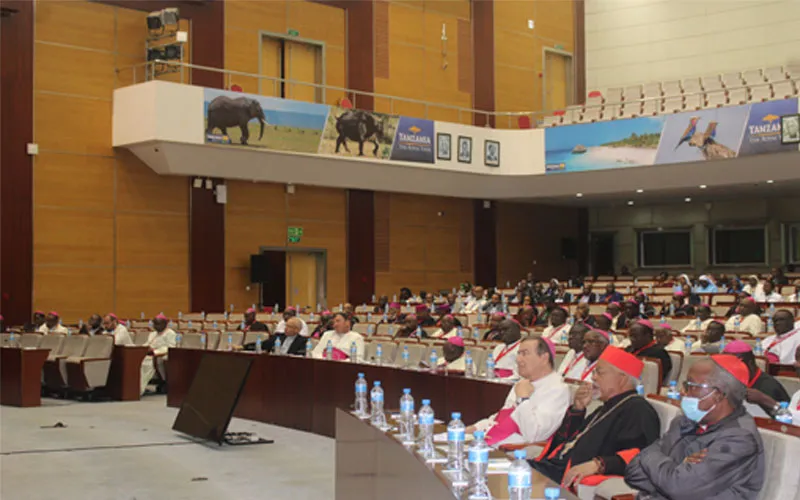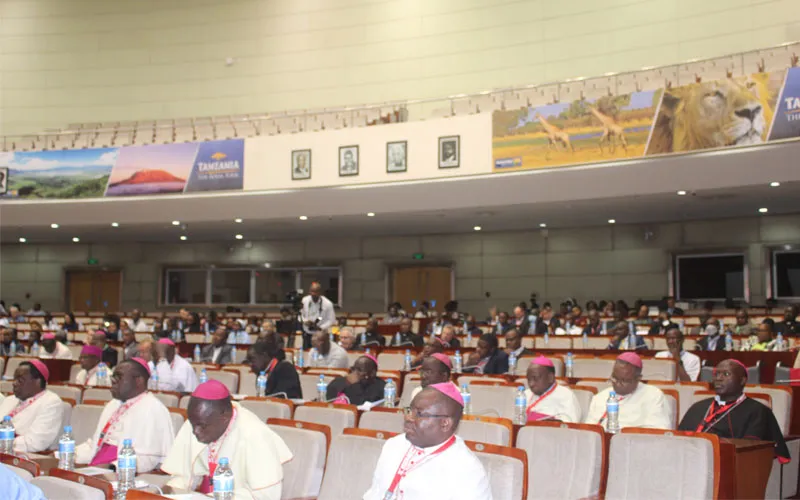Dar es Salaam, 12 July, 2022 / 9:30 pm (ACI Africa).
To adequately combat the destruction of the environment, there is a need to adhere to fraternal structures that entail caring for one another, a Pro-Prefect of the Dicastery for Evangelization has told delegates of the Association of Member Episcopal Conferences in Eastern Africa (AMECEA).
In his keynote address on the third day of the 20th AMECEA Plenary Assembly, Luis Antonio Cardinal Tagle told delegates who are meeting to reflect on the care for the environment in the Eastern Africa region in Dar Es Salaam, Tanzania, that lack of concern for the wellbeing of others goes hand in hand with disregard for the environment.
“When human fraternity is absent, when there is a failure in human fraternity, almost automatically creation becomes misused; creation becomes a tool to compete with others, to dominate others,” Cardinal Tagle said Monday, July 11.
When human fraternity is compromised, the Cardinal further said, “Creation is not handled with respect and with gratitude; creation is not seen to develop humanity but to impoverish others; creation becomes a weapon of greed.”
“We know that a lack of fraternity or caring for other people co-exists with behaviors and practices that damage creation,” Cardinal Tagle said.




 Credit: ACI Africa
Credit: ACI Africa
 Credit: ACI Africa
Credit: ACI Africa Credit: ACI Africa
Credit: ACI Africa


